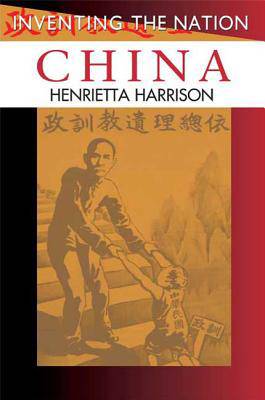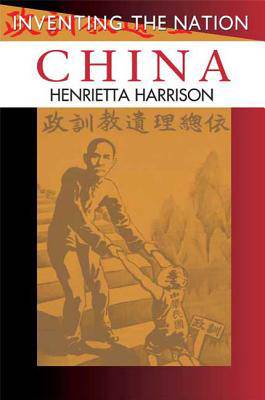
- Afhalen na 1 uur in een winkel met voorraad
- Gratis thuislevering in België vanaf € 30
- Ruim aanbod met 7 miljoen producten
- Afhalen na 1 uur in een winkel met voorraad
- Gratis thuislevering in België vanaf € 30
- Ruim aanbod met 7 miljoen producten
Zoeken
€ 135,95
+ 271 punten
Omschrijving
Both Western historians and Chinese nationalists have argued that from early times China had the features of a nation state: a common language, culture, and bureaucracy. This argument is important not only because it affects our understanding of how nations are constructed but also because Chinese nationalism is today a vital ingredient in both the domestic politics of the People's Republic of China and the international relations of East Asia This book argues that China as it exists today was invented through the construction of a modern state. It describes the attitudes of eighteenth- and nineteenth-century Chinese towards identity and ethnicity and how these interacted with the structure of the state. It then describes the development of a new culture as part of the efforts to build a modern nation state that could resist the Western imperial powers. Finally it describes how, during the course of the twentieth century, this new culture tied to modern nationalism has been spread from the cities into rural China. The book argues that China has not been an exception to the process of the invention of nations. Instead, its differences arise from the complexities of the relationship between nationalism and imperialism. Moreover, the role of imperialism was not limited to Western empires: the Manchu Qing empire played quite as significant a role in the construction of the modern Chinese nation state as did imported European ideologies
Specificaties
Betrokkenen
- Auteur(s):
- Uitgeverij:
Inhoud
- Aantal bladzijden:
- 304
- Taal:
- Engels
- Reeks:
Eigenschappen
- Productcode (EAN):
- 9780340741344
- Verschijningsdatum:
- 31/08/2001
- Uitvoering:
- Paperback
- Formaat:
- Trade paperback (VS)
- Afmetingen:
- 154 mm x 228 mm
- Gewicht:
- 453 g

Alleen bij Standaard Boekhandel
+ 271 punten op je klantenkaart van Standaard Boekhandel
Beoordelingen
We publiceren alleen reviews die voldoen aan de voorwaarden voor reviews. Bekijk onze voorwaarden voor reviews.











